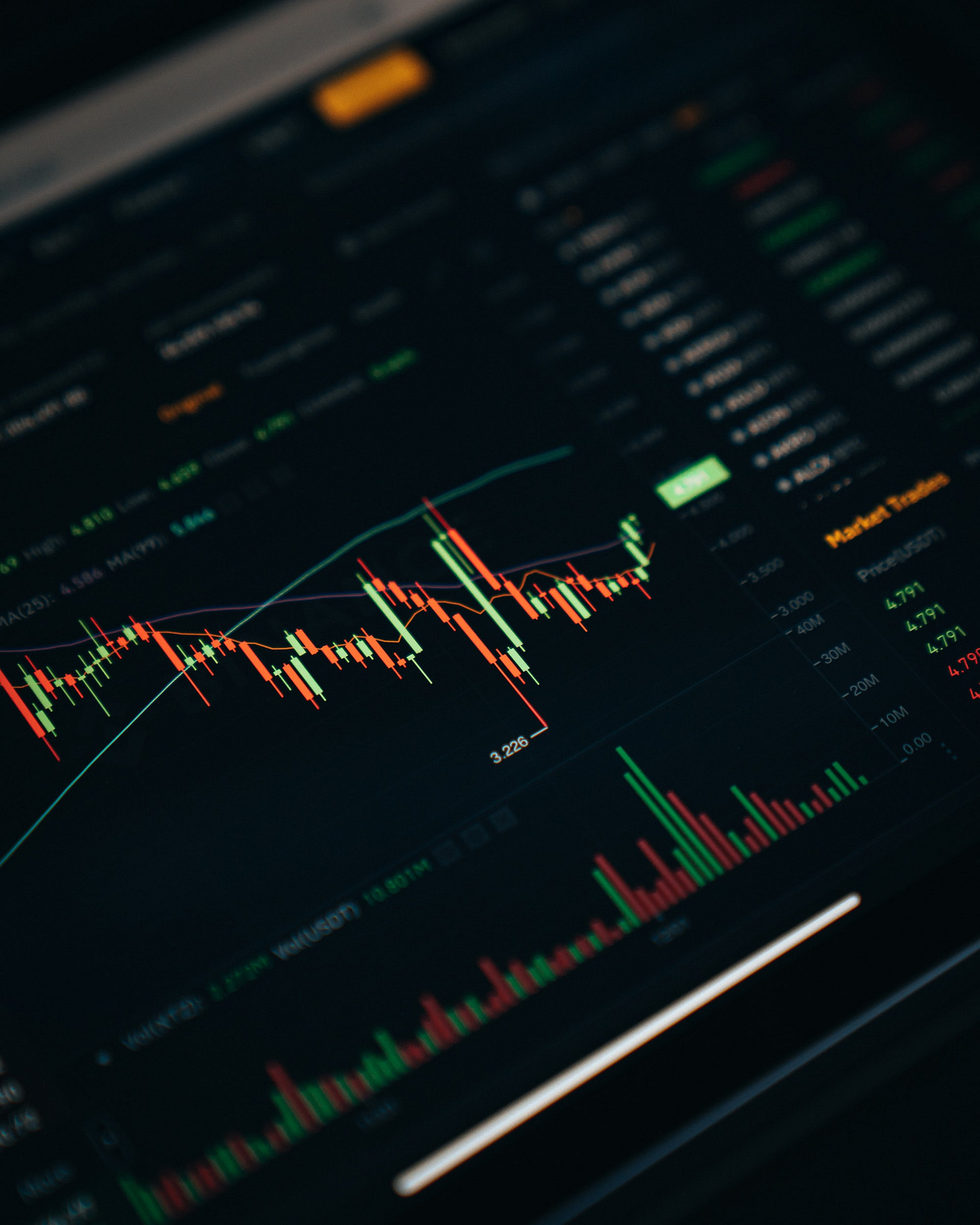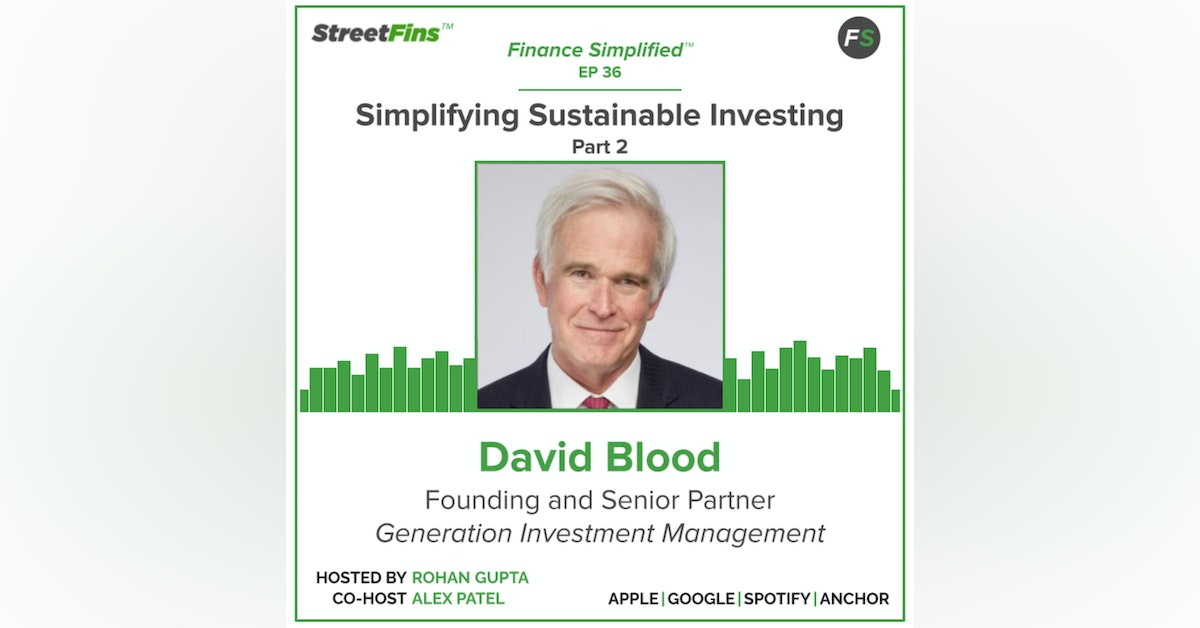The Threecap
Three things to recap this past week.
1. Stagnant Market
The market turned stagnant, unable to continue its solid performance from a week ago. The S&P 500 and NASDAQ recorded small declines of 0.6% and 1.5% respectively, while the Dow Jones started and ended the week around the same. Worries about future Fed interest-rate increases stayed at the front of investors’ minds, as inflation and retail sales data don’t show much progress.
However, the Consumer Price Index did show inflation grew slower than last month, enough positive news for investors to mount a rally on Tuesday. Retail sales also picked up this month, rising 1.3% and signaling the holiday time, when consumers frequently open their wallets and spend more. In other news, prices at the pump have tumbled in the last two weeks, with oil under $80 a barrel for the first time in over 3 months. The recent drop came from reports of weakened Chinese oil demand due to a recent increase in COVID-19 cases.
These prices, however, are still much higher than what they’ve been in the last few years, primarily as a result of energy shortages and supply-chain issues. As mortgage rates continue to speedily increase, U.S. home sales continue to fall, with October marking the 9th month in-a-row that the real estate market fell.
2. World Cup Effect
The World Cup starts today, and it’s the highest-profile event ever to be held in an Arab nation. Not only does it bring Qatar into the limelight, increase the country’s media attention, and unite the region, but it will also provide an influx of cash into the region. In Doha, the infrastructure built to handle the international competition itself will have a huge effect on the local economy.
Bringing in thousands of jobs, as well as several future sporting events that the multi-purpose stadium can entertain, the total economic effect of the World Cup has been estimated to be around $20 billion. Due to fans dying to watch their favorite players compete, tourism will also be on the rise. These fans will purchase products leading to an even greater influx of cash. Much of the foreign economic effect of the tournament will be due to the strengthening of ties between the Arab and Western worlds, analysts say. Overall, hosting the World Cup can work wonders for a country’s economy.
3. Unicorn Frappuccino
A few years ago, if you rushed to try the infamous Unicorn Frappuccino from Starbucks, you fell into the trap of artificial scarcity. The drink was only sold for 5 days, greatly reducing the supply of the drink. Researchers have found that the more scarce an item is, the more desirable consumers perceive it to be. Many companies use this to their advantage, only releasing a certain amount of products and artificially cutting the supply of an item down, despite the means to mass-produce the product.
Luxury brands like Gucci and Louis Vuitton are the biggest culprits of this. To keep their items rare and desirable, at the end of a fashion season, reports have shown Louis Vuitton burning their products. By keeping supply low, companies keep their products desirable and in high demand. So next time you see an ad on TV about a product only being sold for 5 days, or a limited quantity, realize what the company is trying to do.
Summary
The markets didn’t change much this week, with all three major indexes taking either small losses or remaining about even. The World Cup, starting today, should boost Qatar’s economy considerably. Artificial scarcity is used by companies from Louis Vuitton to Starbucks and can mislead consumers.
Featured Articles
Intro to Futures
Amidst Covid-19, on April 20th, 2020, investors held their breath as markets dropped, specifically, the commodities market. Reaching a new all-time low, many didn’t believe this was even possible. The price of oil was -$37 a barrel. Negative $37 a barrel. But how? How and why would someone pay you to take their oil, a notoriously expensive commodity? Well, it’s because of how oil is traded: futures.
Preparing for a Recession
Recessions are inevitable — like the old saying, what goes up must come down. At the time of the writing of this article, the economy has gone ten years without a serious crash. In the next recession, as in all others, many will lose their jobs and financial security. Many will see their savings wiped away or reduced significantly. But conversely, some will do just fine and even gain wealth. The difference between the winners and losers in a recession is proper preparation (as well as luck). In this lesson, I’ll cover some basic steps you take to prepare your finances for a recession.
Recent Podcast
In this episode, hosts Rohan Gupta and Alex Patel continue their conversation with David Blood, a co-founder and senior partner of Generation Investment Management, about sustainable investing. We delve into topics like David’s sustainable investing framework, how he views shareholder activism, his thoughts on careers in the space, and much more!
Check out the episode to learn about sustainable investing in a simplified way!
Finance Tip
"As sure as the spring will follow the winter, prosperity and economic growth will follow recession."— Robert Foster Bennett







